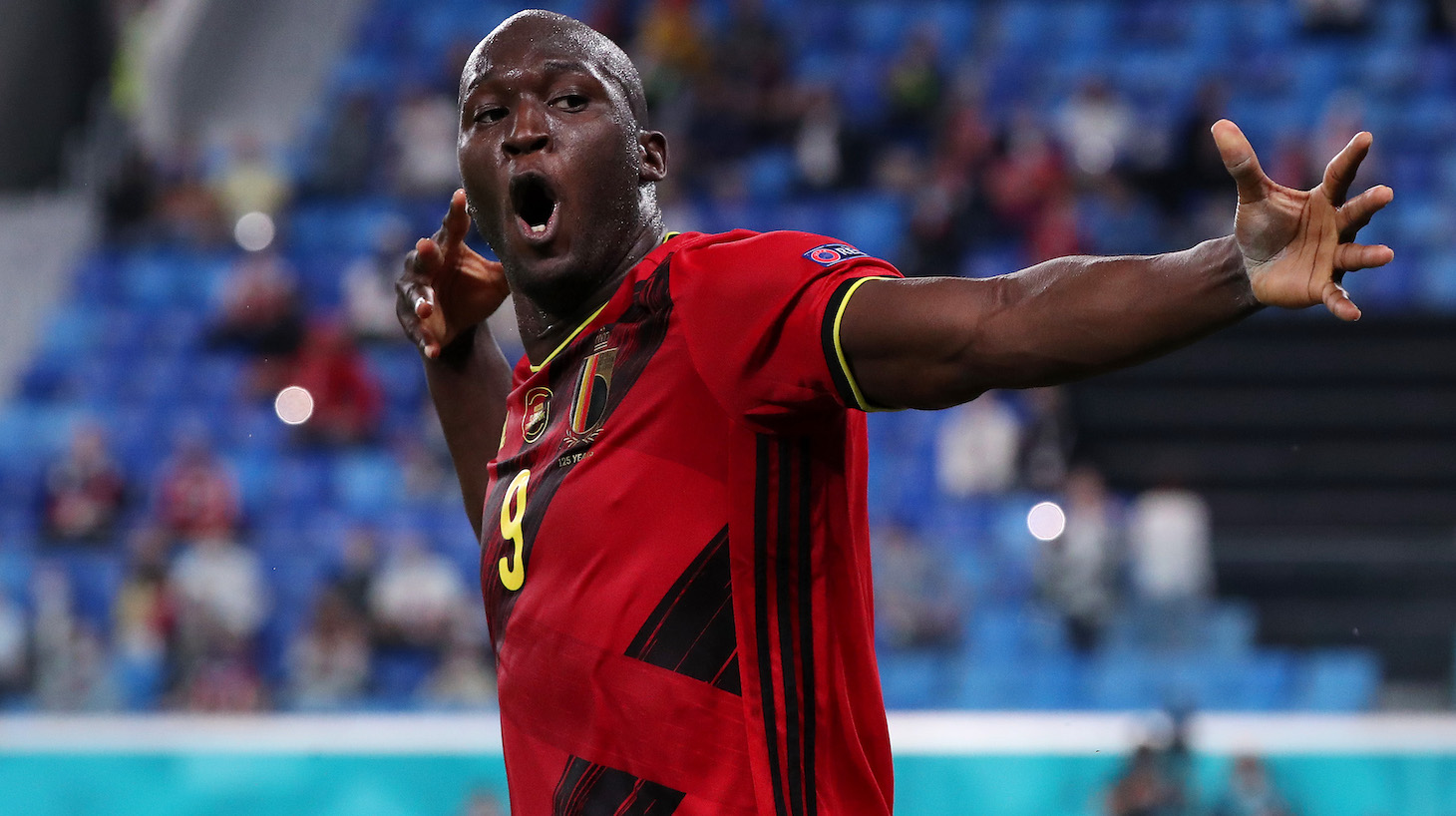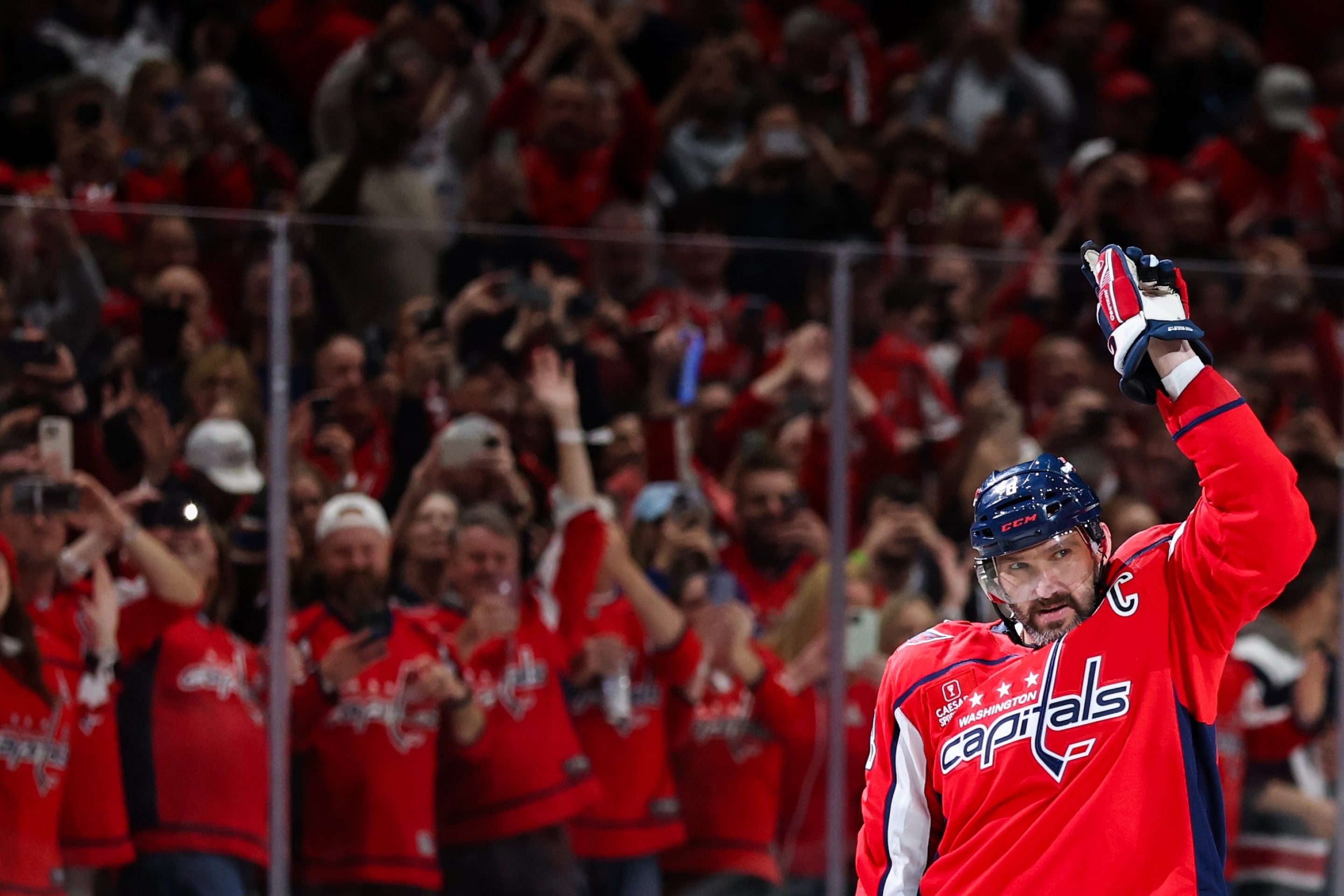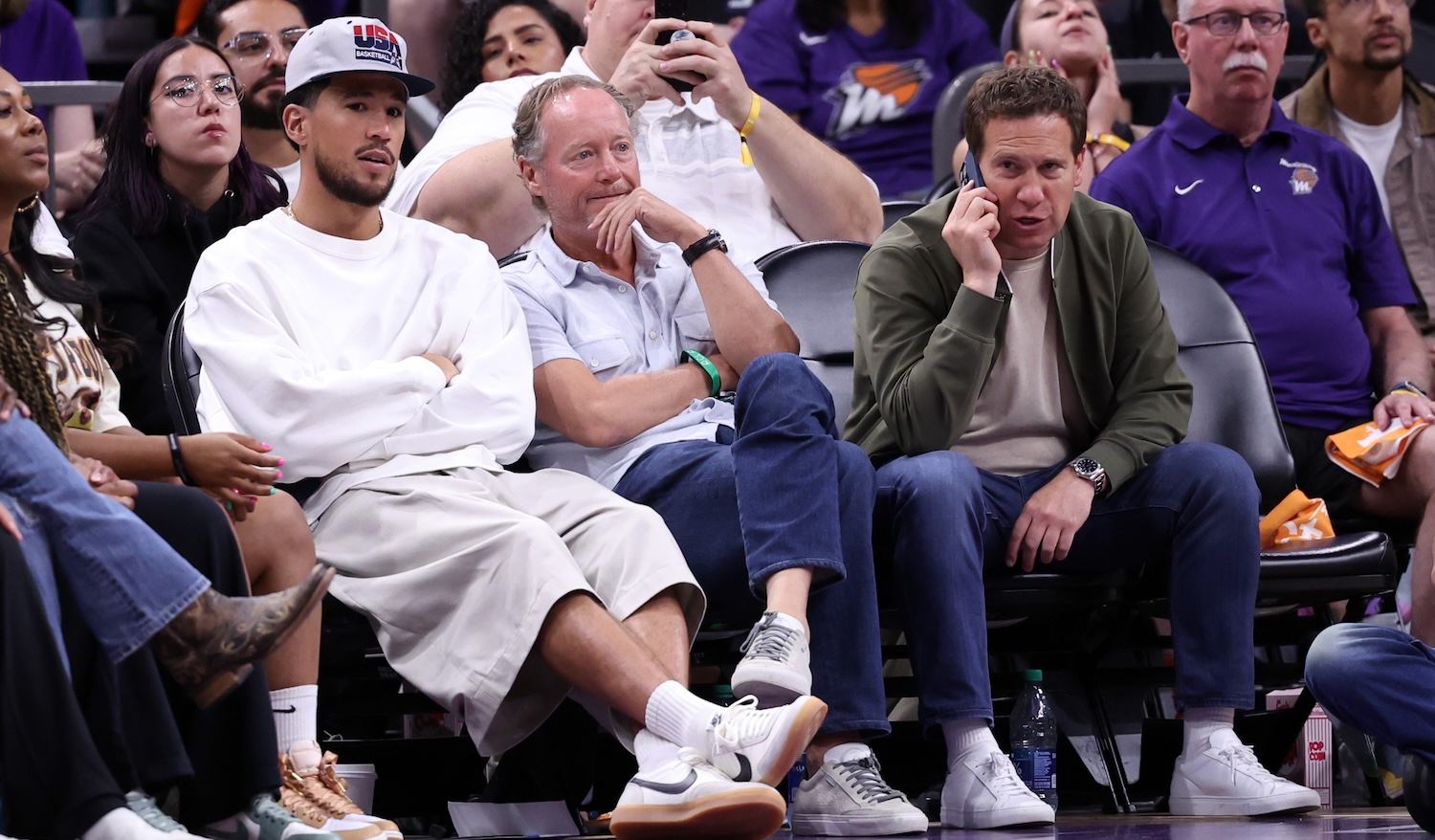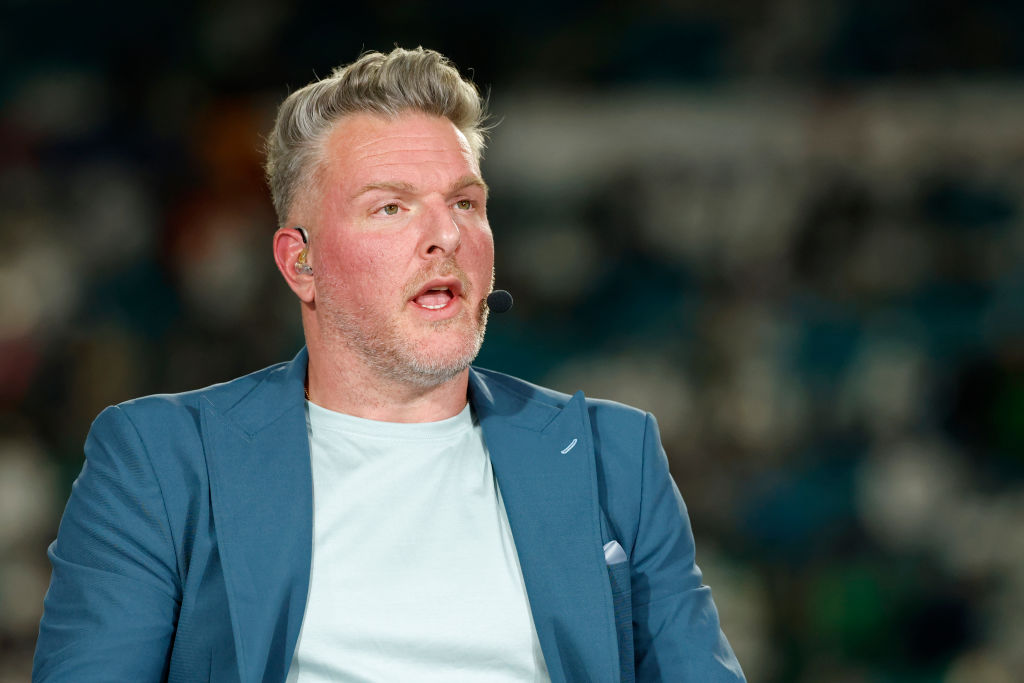At this point I think it's safe to say that Romelu Lukaku's career has been a little odd. On one hand he's been one of the more prominent figures in the game for the past decade, consistently one of the stand-out goalscorers in the sport's most popular league, with a notably cool style of play and a big personality that seems impossible not to like. On the other hand, he hasn't managed to come by much in the way of actual success. Wednesday's news, that Lukaku had officially signed a loan deal to rejoin Serie A's Inter from the Premier League's Chelsea, at once strengthened the curious air of disappointment surrounding the big Belgian while also offering hope that he might once again show the full extent of what he is capable of.
Lukaku's move from Inter to Chelsea last summer had the look of a masterstroke. For the Blues, who'd just been crowned champions of Europe, adding Lukaku strengthened the roster's one big weakness (the lack of an out-and-out goalscorer) and served as a statement of intent: rather than resting on their laurels after the surprising title run in the Champions League, Chelsea was determined to challenge Manchester City's and Liverpool's hegemony by becoming England's third true superpower. For Lukaku, who'd just had the best season of his career for Serie A's newly crowned champions, joining Chelsea was an opportunity for him to once and for all cement his place as one of the world's best strikers.
That Lukaku would one day become a top striker had felt something like an inevitability as far back as when he originally signed with Chelsea as an 18-year-old back in 2011. His physical prowess, his nose for goal, and his determination marked him for greatness even then. For a long time he appeared right on track, first during a breakout loan spell at West Brom, then his four seasons at Everton. Starring for an entertaining Everton is great, especially for a player in his early 20s, but it's still, you know, Everton. To really stake his claim as one of the elite, he'd have to do it in the elite.
And that's where Lukaku ran into some trouble. His first attempt at taking that next step came at Manchester United. Though the move seemed promising on paper, it never really worked out. Lukaku was solid rather than great as a Red Devil, in part because it never felt like the club fully committed to him and to playing in a way that got the best out of him. After two mediocre seasons there, he left United for Inter in Italy.
It was in Italy where things all came together. Not only did Inter manager Antonio Conte, long a Lukaku admirer, design a strategy that got the best out of the striker's existing talents, he also further developed Lukaku's ancillary skills, turning the Belgian into a force of nature every bit as lethal as people had been expecting of him. Lukaku scored 23 goals and added two assists in his debut season in Serie A, and really blew up with 24 goals and 11 assists the next year, driving Inter to the Scudetto. Happy, empowered, trusted, and beloved, Lukaku was at the peak.
But doing it in Serie A is not the same as doing it in the Premier League—the former league is less prestigious, less visible, and less competitive. So while Lukaku's Italian excursion may have won him his first major trophy and propelled his game forward, he still lacked the recognition he would've earned from doing it on a bigger stage.
That was what made his move back to Chelsea so tantalizing—for him, I'm sure, and also for all us fans of his who've long rooted for him to realize his promise and gain the respect he was due. Everything looked prepared for him to do just that: the team was great but had a Lukaku-sized hole on its attacking front, the manager was a good one, the club was ambitious, the player was motivated and in his prime, and the investment, economically and thus personally, appeared substantial. If Lukaku was ever going to really just smash it, it looked like it would happen there.
Instead, Lukaku's would-be triumphant return to the Prem was underwhelming. It looked a lot like his Man United tenure: Lukaku started well, but then seemed to fall out of favor right around when the team overall began to slide, and by the end of the season it was clear he would be best served finding a move away.
Part of the problem appeared to be manager Thomas Tuchel not playing to Lukaku's strengths. Conte, the Belgian's manager at Inter who at the time was commentating for Italian TV, analyzed the situation well. "I don’t think Chelsea have quite figured out how to use him yet," Conte said. "Last season, [Chelsea] didn’t have a proper centre-forward, so they rotated positions, whereas Romelu is a real reference point in attack. If they can figure out how to use Lukaku, then Chelsea can become the team to beat in the Champions League this season."
The issue, as Conte correctly noted, was that Tuchel had Lukaku playing a very restrictive role, keeping him central and using his back-to-goal game to get involved in possession, but not unleashing his power, speed, and varied movement, which have always been Lukaku's strongest assets. Rather than adapt Chelsea's style of play to its expensive new striker, Tuchel more or less maintained the style from the previous year, which featured either a false 9–esque forward like Kai Havertz playing in the middle or a limited target man like Olivier Giroud.
If it was confusing early on in the season why Tuchel wasn't doing more to facilitate Lukaku, the manager's ostracizing of his star striker during the second half of the campaign at least had a cognizable reason. Midway through the season, Lukaku did an interview with Sky Italia in which he complained about Tuchel's system, expressed his frustration with the situation, and rued the manner in which he'd left Inter. From the outside, it sure looked like Lukaku was laying the groundwork for an exit. Lukaku's quotes, especially after they'd been taken out of context and made to read as more inflammatory than they actually were, caused a rift between him and his manager and teammates. After that, he never recovered his form or his position in the team. He ended the season with just eight league goals, the lowest tally of his career other than his very first season in England as an 18-year-old, when he made only eight appearances for Chelsea.
And so now Lukaku is going back to Inter, chastened once again after missing his chance for a defining season in the competition for which he is best known. Only three players (Sergio Agüero, Harry Kane, and Jamie Vardy) have scored more Premier League goals than Lukaku since he joined the league in 2011, and that includes him spending two of his best seasons in Italy. He currently ranks 20th on the EPL all-time scoring chart. His €100 million move to Chelsea lifted him over Neymar and Cristiano Ronaldo as the player who has cumulatively fetched the most transfer money over the duration of his career. All that talent, all those goals, all that money, and yet still there's something about his career that makes it feel vaguely unsatisfying.
But now's not the time for any definitive statements about Lukaku's final position in the game's firmament. He is 29 years old—definitely getting up there, but far from finished. He is headed to the league and club where he has played his best soccer, a team that should not have too much trouble integrating him right back in and reaping the considerable rewards. Seemingly foolproof moves have indeed deceived before in Lukaku's career, so nothing is guaranteed. But he's certainly good enough, and Inter looks ready for him, so hopefully Lukaku can focus on getting back to his soaring best in the short term. There will be time to worry about whether or not he gets enough respect for it later, just so long as he gets there.






